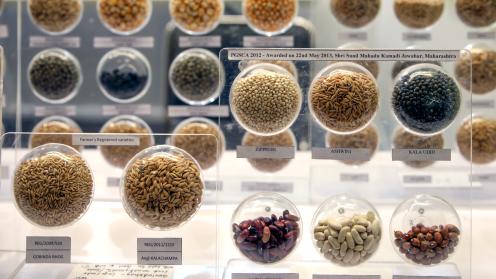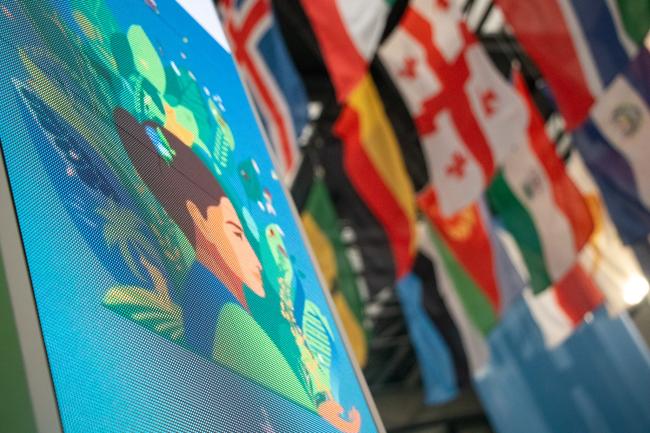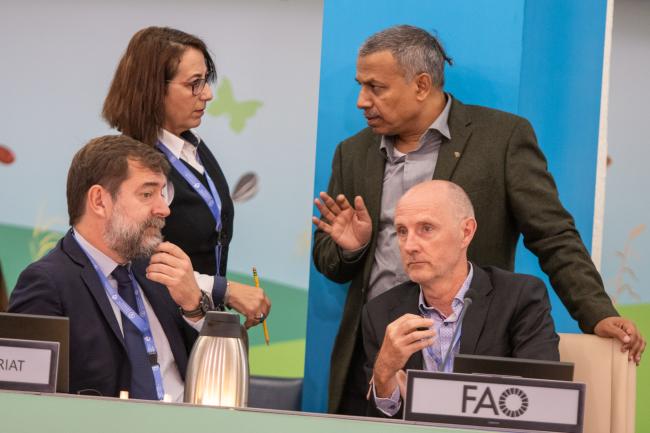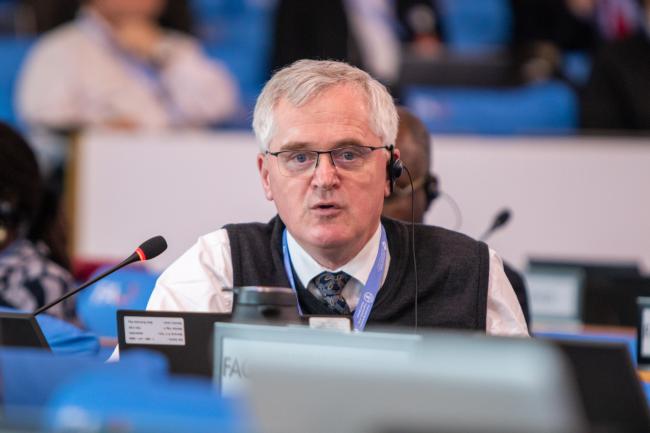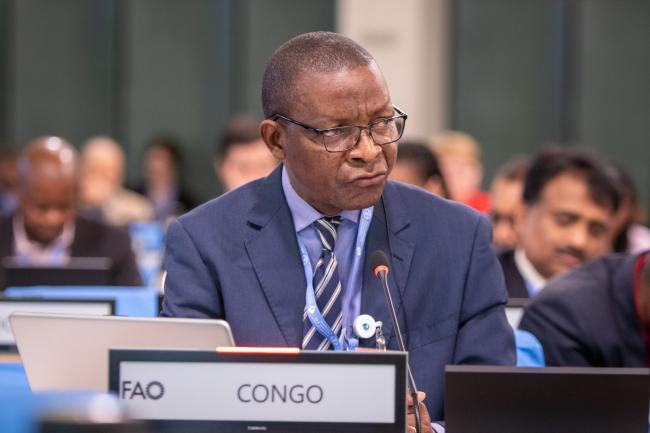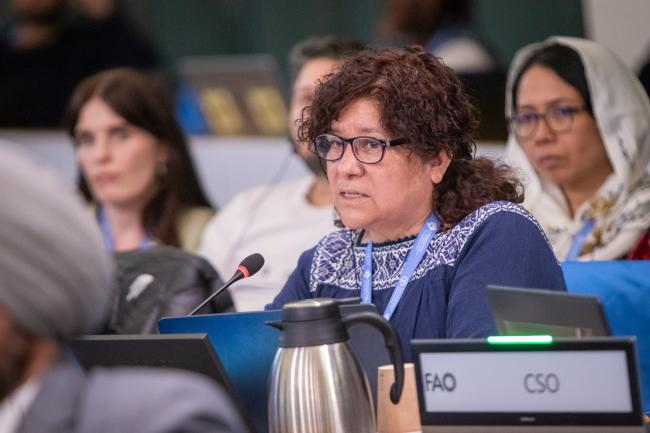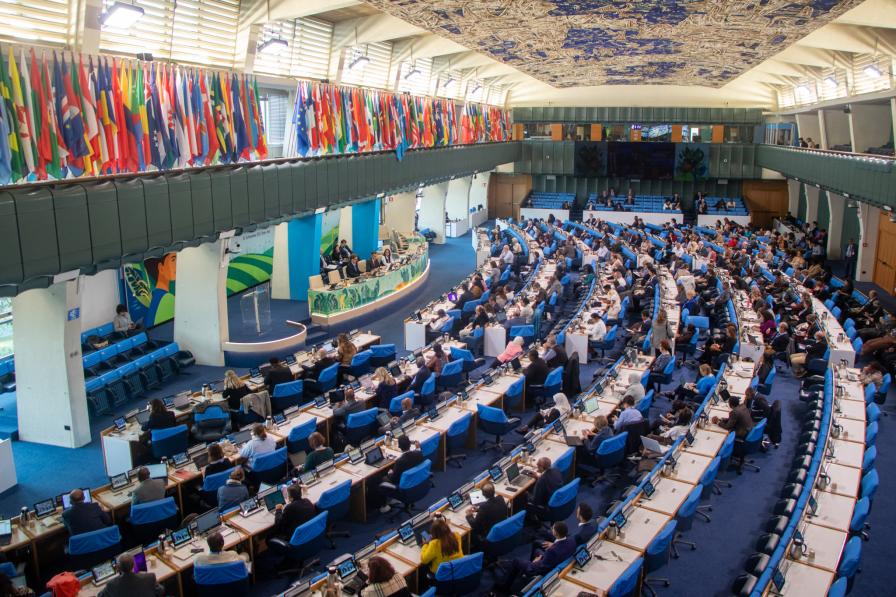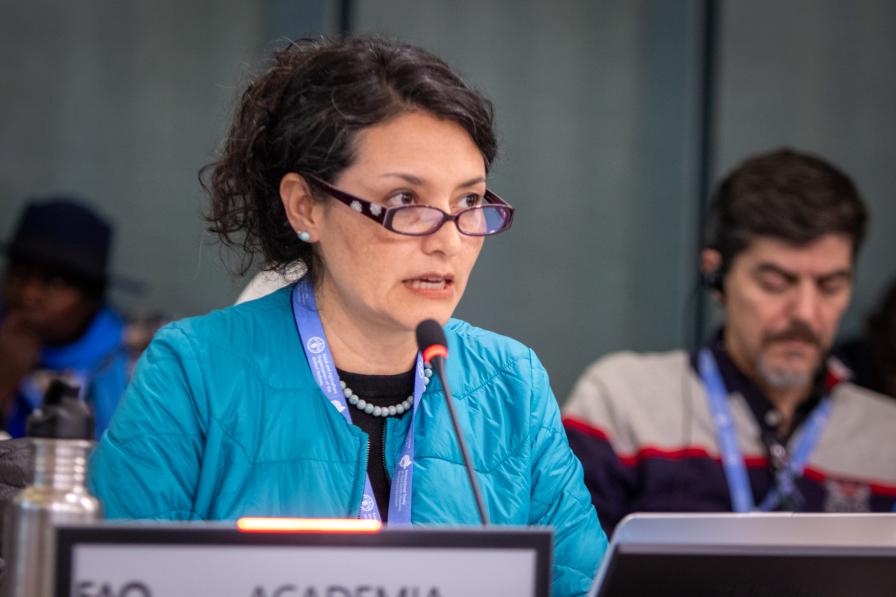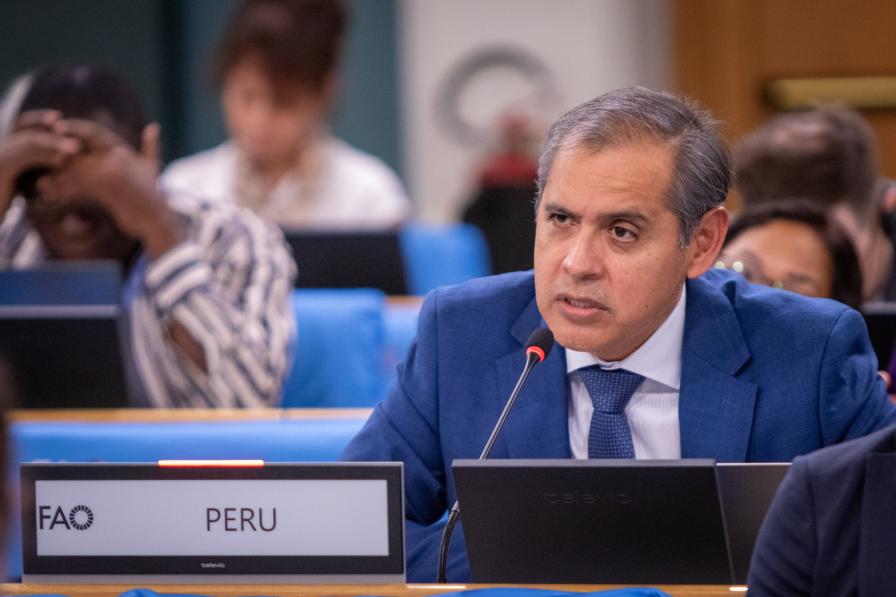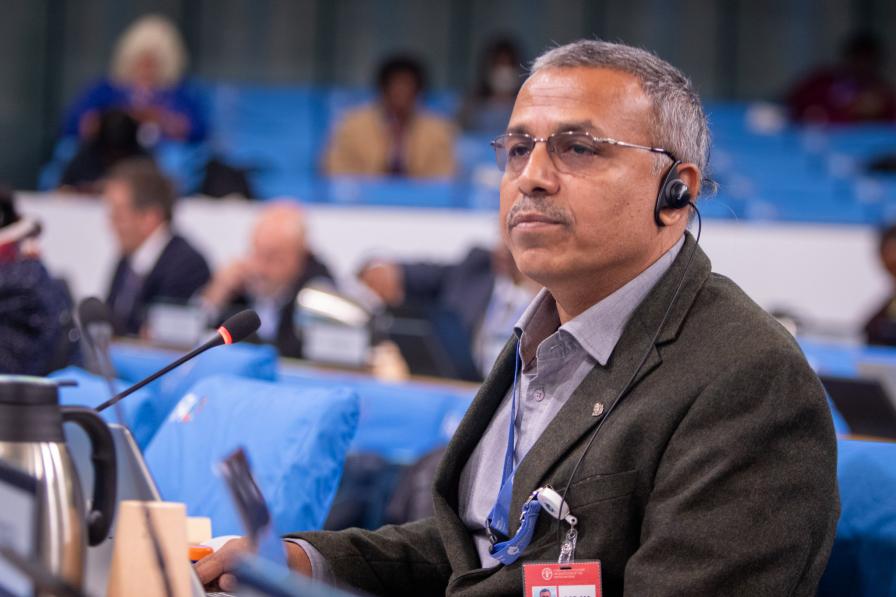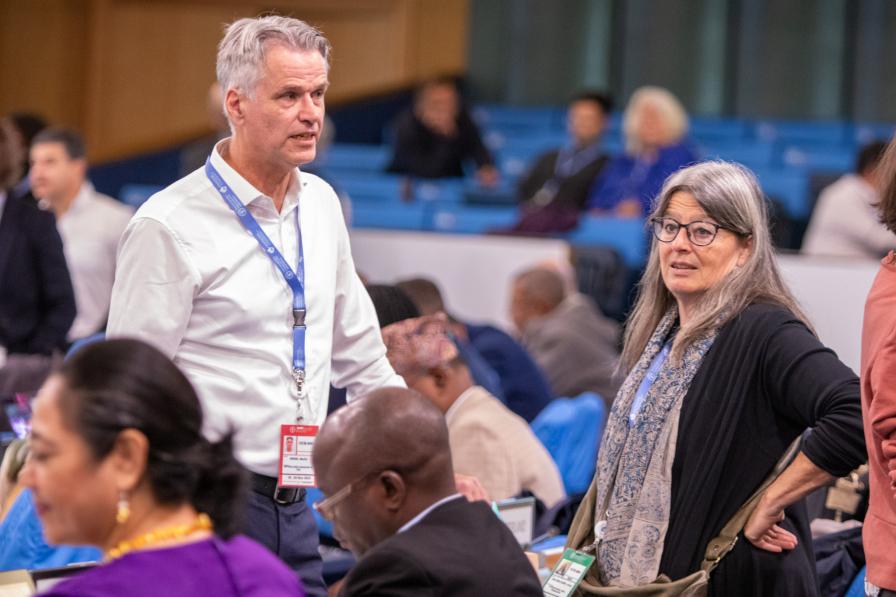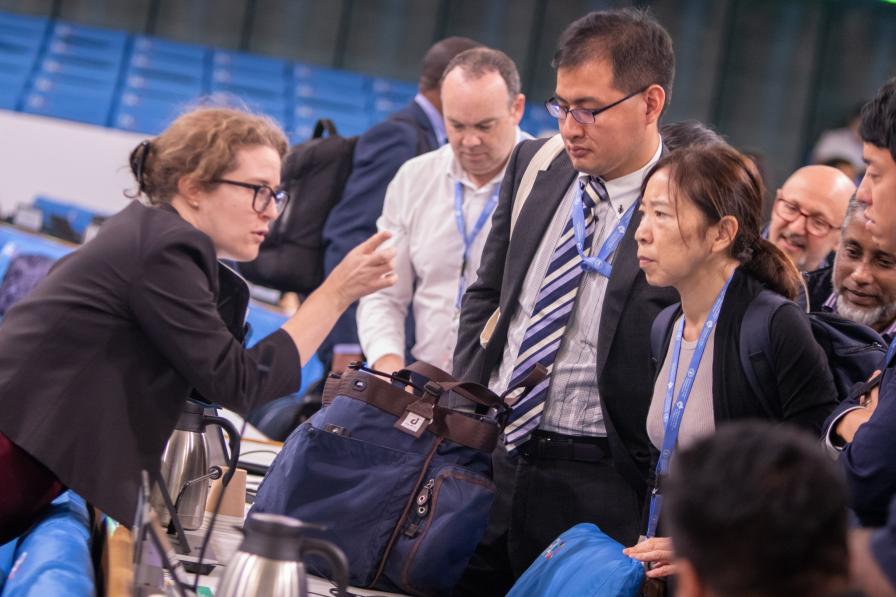How can agricultural research and development serve the needs of a growing human population fairly and equitably? How can the international community reward and enable the practices of smallholder farmers and Indigenous Peoples? How can the Treaty’s Multilateral System (MLS) of access and benefit-sharing be improved to support sustainable agriculture and global food security? How can collaboration ensure mutual support among international processes?
Want to dig deeper into today's talks? Read the full Earth Negotiations Bulletin daily report.
These questions provide the context for the negotiations on the revision of the MLS, an item that attracted plenary’s attention on Tuesday. Delegates addressed the checkpoint report developed by the Co-Chairs of the Working Group on enhancing the MLS, with most of them supporting the process going forward. A series of consultations and Working Group meetings are planned for the upcoming biennium, aiming at concluding negotiations by the next session of the Governing Body.
Considerable divergence of views remained, however, on substantive issues at the heart of these negotiations, including the three “hotspots” identified by the Co-Chairs: digital sequence information (DSI)/genetic sequence data (GSD); expansion of crops in the MLS (those listed in Annex I); and payment structure and rates. Developing countries drew attention to the “extremely limited” monetary benefit-sharing accumulated from users of the MLS and called for focus on increasing it, including from the use of DSI. Developed countries largely focused on the need to expand access to plant genetic resources for food and agriculture (PGRFA) and avoid restrictions to agricultural research.
Delegates also disagreed on the implications of the 2022 decision by the Conference of the Parties (COP) to the Convention on Biological Diversity (CBD) to establish a multilateral mechanism for benefit-sharing from the use of DSI on genetic resources, including a global fund.
While bilateral and informal consultations continued on the process forward for the revision of the MLS, plenary deliberations addressed less controversial but equally important items for the implementation of the Treaty and its objectives.
Discussions on implementation of the Funding Strategy shed light on the operations of the Benefit-sharing Fund and the Food Processing Industry Engagement Strategy. Deliberations on the Global Information System (GLIS) highlighted the work of the Scientific Advisory Committee and collaboration with other initiatives on PGRFA documentation.
The discussion on farmers’ rights was proof that parties’ views still differ, despite years of deliberations and implementation efforts. Should the Treaty develop guidance on implementation of farmers’ rights? Or should the realization of farmers’ rights rest exclusively with national governments? Old questions and arguments came to the fore, as delegates debated the establishment of an intersessional group and its terms of reference.
To receive free coverage of global environmental events delivered to your inbox, subscribe to the ENB Update newsletter.
All ENB photos are free to use with attribution. For the 10th Session of the ITPGRFA Governing Body please use: Photo by IISD/ENB | Matthew TenBruggencate
